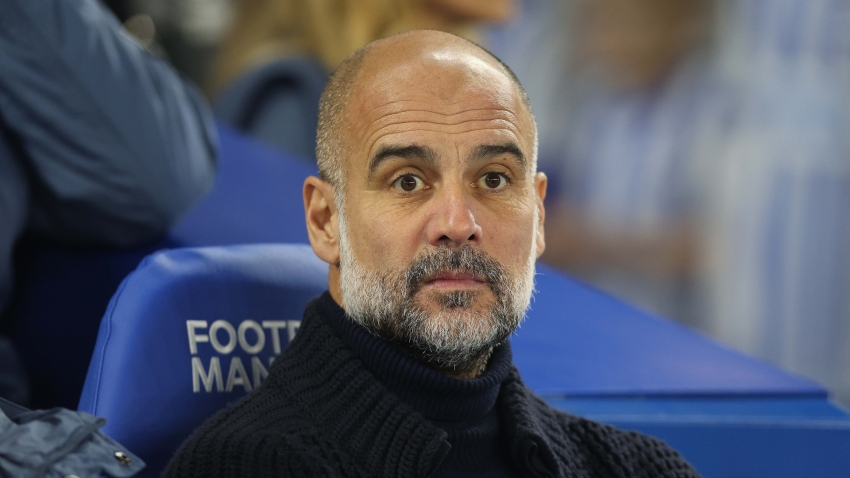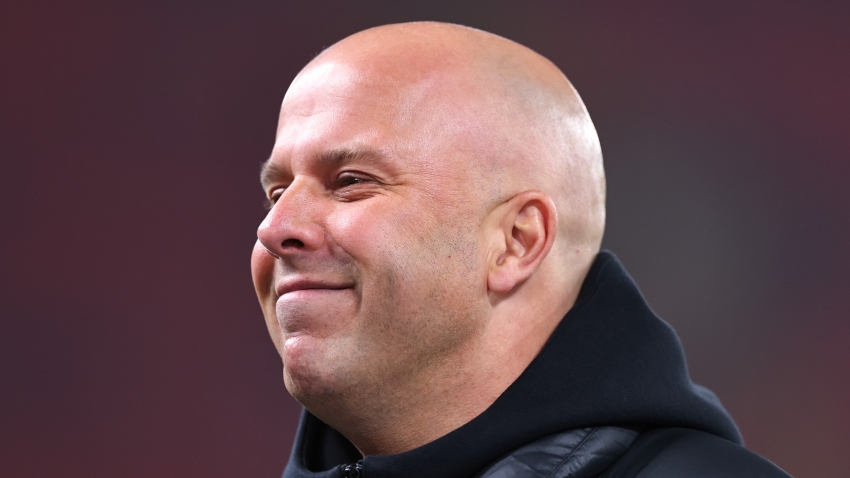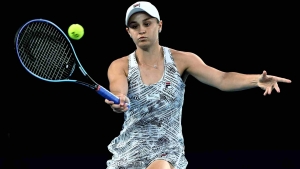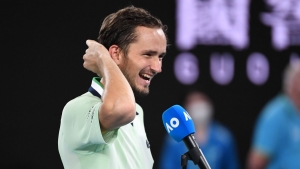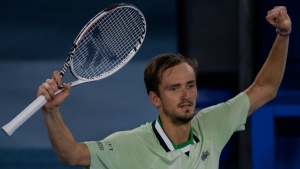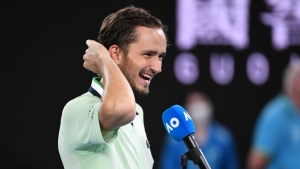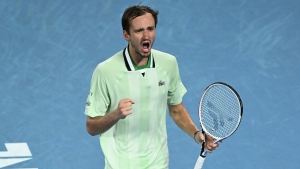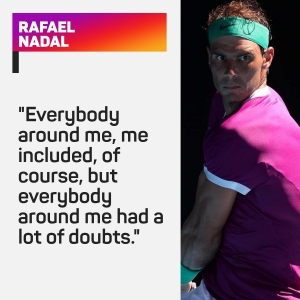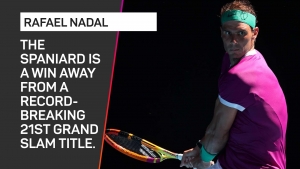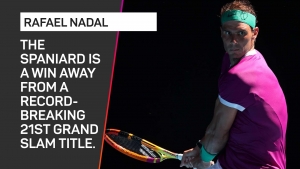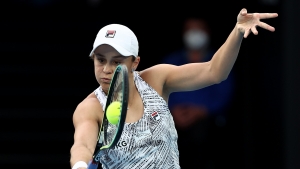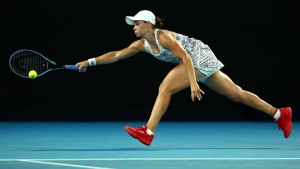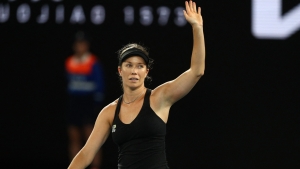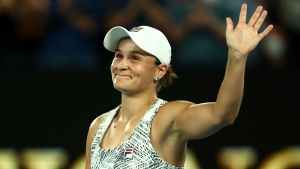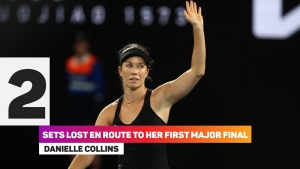Daniil Medvedev conceded he was out of his mind when he embarked on an extraordinary rant at the chair umpire during his Australian Open win over Stefanos Tsitsipas.
The Russian, who came from two sets down to see off Felix Auger-Aliassime in the last round, roared into a second consecutive Melbourne final as he downed Tsitsipas in a fiery last-four showdown.
Medvedev ultimately triumphed 7-6 (7-5) 4-6 6-4 6-1 to set up a final with Rafael Nadal but it was a contest in which tempers frayed, mostly on US Open champion's side of the net.
Second seed Medvedev felt Tsitsipas' father was coaching from the sidelines and received a warning for his persistent complaining.
He stopped short of accusing Tsitsipas of cheating but explained his mindset at length in the post-match news conference.
Medvedev said: "Cheating, not at all. First of all I got broken - I got a little bit mad. I thought the referee could do a little bit better with the crowd, just to say, 'Quiet please', or something like this.
"Didn't see him doing that often and I made a terrible double fault, got a code when I was just showing everybody that I'm cramping.
"I cannot toss the ball with my left hand because everybody's screaming, so my serve was terrible.
"To be honest, before every return his father was talking Greek. I don't know, maybe he's saying, 'Come on, come on', there is no problem.
"But then the referee, I asked him if he can talk. He said he can talk but he can't coach. Then I said, 'Do you speak Greek?'
"If not, the guy is talking, talking, talking. I don't know what he says, but if it's a coach - I don't consider coaching as cheating but it should be a code violation. Then second one would be a bit tricky."
Medvedev branded the umpire "a small cat" in his astonishing on-court outburst.
He added: "You guys are laughing, so I think we can say it was funny, but I was definitely out of my mind. I was not controlling myself anymore about anything.
"That's actually why I'm really happy to win. Many matches like this I would go on to do mistakes - you lose your concentration with things in the heat of the moment. I'm so happy that I managed to catch it really fast."
Medvedev often feels regret after his outbursts, but concedes they sometimes give him the fuel to win.
"I regret it all the time, because I don't think it's nice." he said. "I know that every referee is trying to do their best.
"In tennis we don't fight with the fists but tennis is a fight. It's a one-on-one against another player.
"So I'm actually really respectful to players who never, almost never show their emotions because it's tough, I can get really emotional.
"I have been working on it. So many matches I handle it. If we look back at myself five years ago when I started playing, just started playing, there was less attention on me, but I was just insanely crazy.
"I'm working on it. Helps me to win matches, I know. So I do regret it 100 per cent, but again, in the heat of the moment, I just lost it."
Tsitsipas suggested the Russian was lacking in maturity, saying about the rant: "Well, it's for sure funny!
"It's funny. I don't pay attention to the stuff. I know players like to do this stuff to throw you off mentally. Could be maybe a tactic? It is all right, he is not the most mature person anyways."
Of the allegation he received coaching, Tsitsipas replied: "I wasn't - you saw me the other day, losing the score twice in two of my matches. I cannot hear anything when I'm playing.
"It's impossible. Having the crowd being so loud in every single point, you have to have super hearing to be able to hear what your coach says.
"I'm used to it. They've been targeting me already a long time. The umpires are always paying attention to my box, never paying attention to the opponent's box.
"Last thing I want is someone giving me tips and giving me advice on what I should do. I'm not the kind of person that would try and listen when out there competing, playing. In practice, maybe."
But Medvedev was reluctant to get into a war of words with Tsitsipas.
He said: "No, I don't want to get too much into this, because again, it was nothing against Stefanos, nothing during this match and I feel like I didn't talk about him.
"I just talked about the rule, because again, I don't know what his father is saying. Maybe he's just saying, 'Let's go next point'. It's completely allowed.
"I don't know Greek. Same about the umpire. He should just, I don't know, talk to Stefanos first maybe, [tell him to] say something to your father.
"If my coach would be talking in French to me before every point, even I would say, 'Stop it. It's not allowed'. So it was only about this."
Tsitsipas revealed he had regularly discussed the topic with his father and ultimately believes coaching should be legalised.
He added: "My father, look, he's a person that when he gets into something when there is a lot of action, his medicine is to talk, and you can't stop it. It's something that he does from nature.
"I've tried, spent countless hours trying to figure it out with him, but it's part of him.
"Last year I went out publicly on one of my social media platforms and said that I think coaching should be allowed, simply because coaches do it anyways.
"Most of them get away with it, and they do it pretty smartly, I can tell you."









